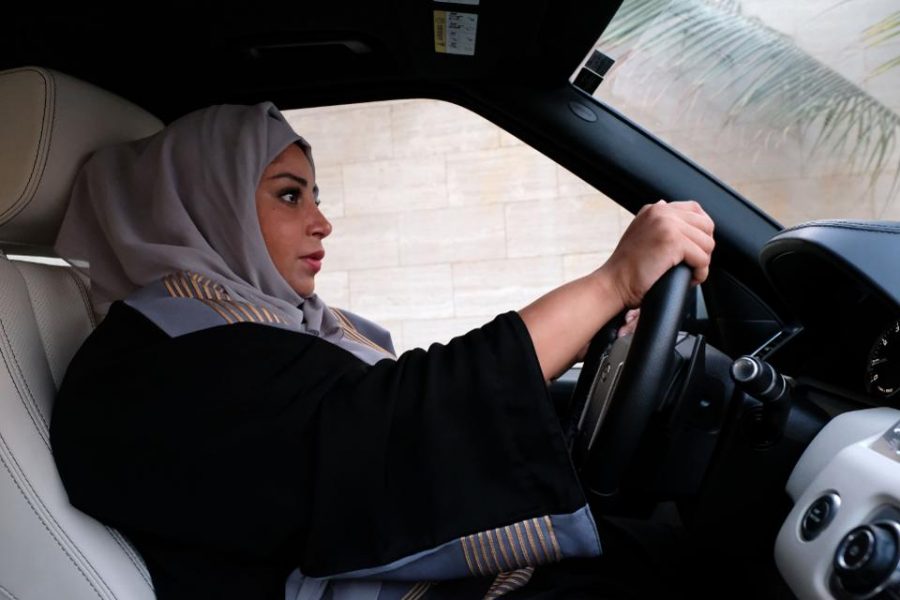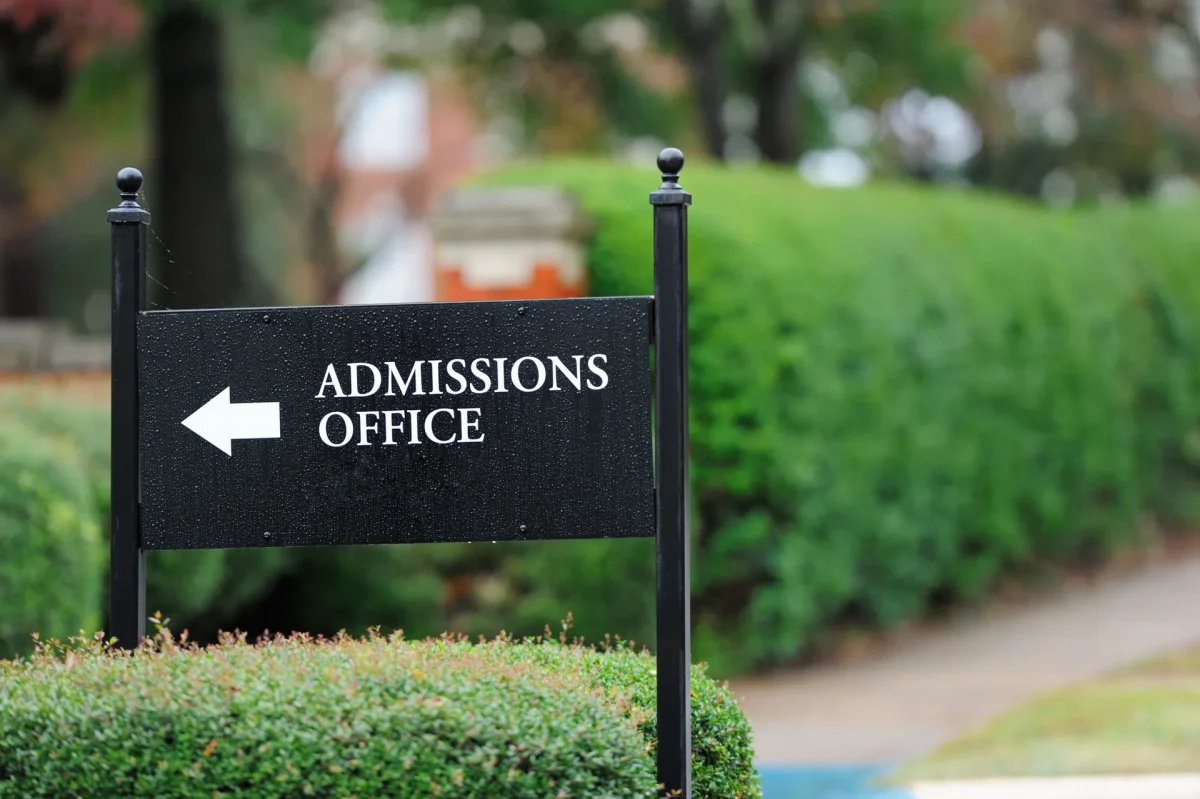Saudi women will finally be able to enjoy a right Woodside students have had for their entire lives: the ability to get a license and drive a car.
Saudi Arabia announced on September 26th that women in the country would be allowed to apply for driver’s licenses and drive starting June of 2018. The ban, which has been in place since the kingdom’s establishment in 1932, was lifted as part of the country’s “Visions 2030,” a plan to progress the nation both economically and socially in the next decades. The “Vision 2030” was introduced by Saudi Arabia’s Crown Prince, Muhammad bin Salman, the 32-year-old son of King Salman.
“Saudi women have been asking for the right to drive, and finally it arrived,” Fawziah al-Bakr, a Saudi university professor, told the New York Times. “We have been waiting for a very long time.”
As students grow during their time at Woodside, many of them experience what it’s like to change from being driven to driving themselves.
“I [have] a lot more independence,” Jen Buja, a Woodside senior who drives herself to school every day, said. “I don’t have to depend on anyone to take me places.”
Natalia Younan, a senior at Woodside, understands how much not having a license can hinder one’s mobility and freedom.
“It makes my life difficult, and it’s frustrating,” Younan said. “I can’t have a job because I can’t get to my job. I could take the bus, but then it depends on the bus schedule, and then my work schedule would depend on the bus schedule.”
However, women in Saudi Arabia haven’t even had the option of using public transportation, since it presents the risk of them interacting with males outside of their family (which is forbidden by Islamic Shari’ah Law). Instead, women in Saudi Arabia largely rely on private drivers to transport them to work, which can take up as much as a third of their income.
“In order to change women’s participation in the workforce, we need them to be able to drive to work,” bin Salman, who introduced the decree, said in an interview with CNN. “We need them to move forward, we need them to improve our economy.”
The increase in women driving may hurt private driving and ride-sharing businesses in Saudi Arabia such as Uber and Careem, which are mostly used by females in the country. However, the likely influx of women in the workforce and increase of female-owned businesses could make up for this loss.
“Women could drive to their businesses and buy more,” Kelsey Theriault, an economics teacher at Woodside, said. “People would [also] be buying more cars, which would help the economy.”
A committee made up of different members of Saudi Arabia’s government has 30 days since the ban was lifted to make recommendations to the government concerning the challenges that might come with the ban being lifted. These may include infrastructure, driving schools, and public response.
Although this is a huge step forward in women’s rights and Saudi Arabia’s world image, this isn’t the end of social issues brought on by the country’s use of Shari’ah Law since it’s founding in 1932. The country has faced worldwide criticism for their implementation of a religious ideology that gives women very little independence, power, or self determination.
“It’s not ‘women must drive’, it’s ‘women can drive’,” bin Salman said to CNN, acknowledging that the choice is still up to women. “There’s no wrong time to do the right thing.”









